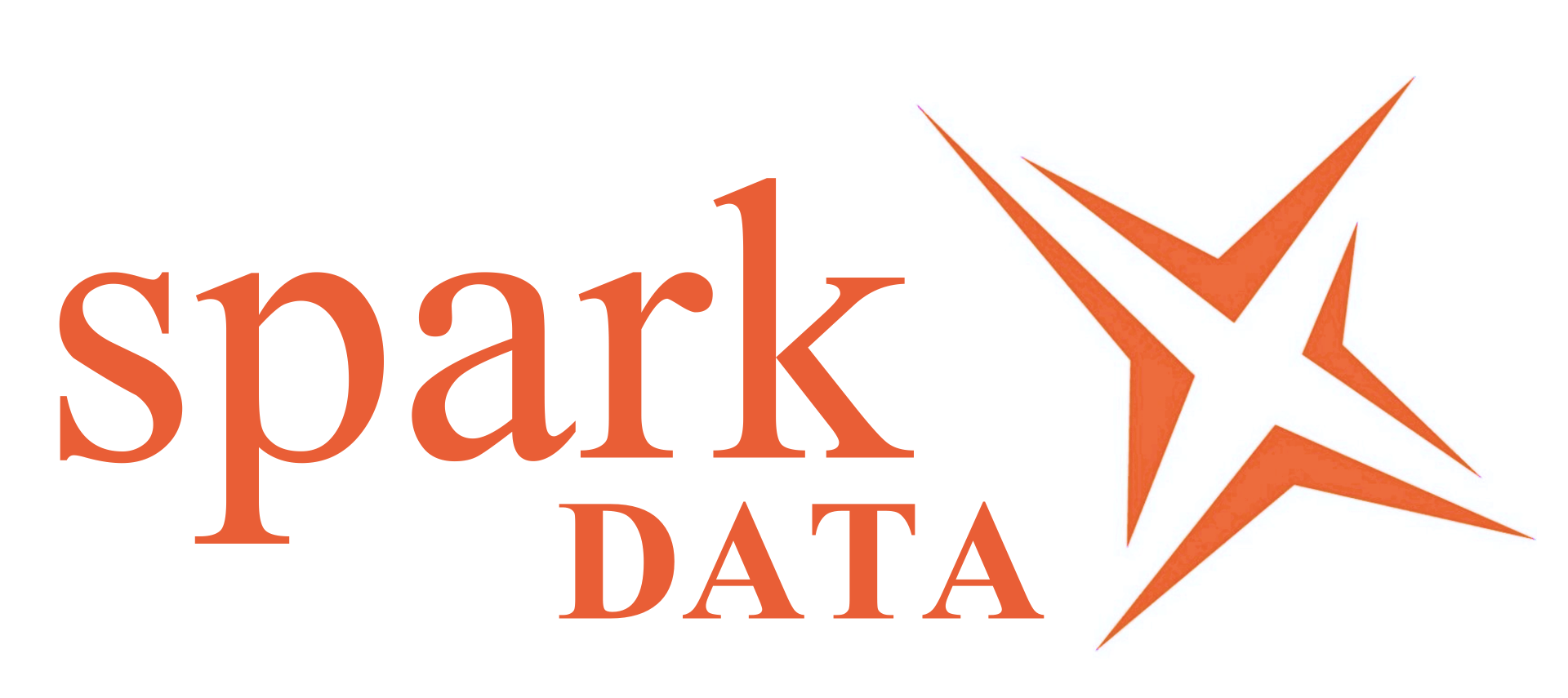Does A Personal Brand Matter?
Why branding is no substitute for authenticity

I was once told that I needed to 'work on my personal brand.'
I ignored the advice because the concept felt uncomfortable, superficial even. Having spent four decades in the insights industry, climbing the ladder into senior leadership - although never quite ascending to the very top - I wonder whether my lack of a personal brand explains why I've fallen short of those top-tier roles.
Reflecting on my career, I see patterns that perhaps limited my ascent to the pinnacle. My leadership style was never loud or flashy. Instead, I quietly encouraged and mentored those around me. I derived satisfaction from seeing colleagues do well and didn't see the need to blow my own trumpet. Was this a mistake? Should I have embraced a more assertive or self-promoting strategy?
Also, the thought of spending evenings schmoozing at industry dinners or networking drinks filled me with dread and I'd much rather return home to my family. In those quiet choices, perhaps I unwittingly defined my personal brand without realising it: competent, supportive, reliable but doesn't have what it takes to get to the top.
I do sometimes ask myself if actively managing my personal brand would have taken my career further? Professional life nowadays is seemingly obsessed with personal branding. LinkedIn bios promise all sorts of dynamic impact with people shouting from the virtual rooftops about accomplishments both genuine and exaggerated. We are encouraged to project a meticulously crafted image, strategically aligned across our digital and real-world presences. But does it really matter?
There's something undeniably uncomfortable about reducing expertise and character to a glossy personal branding exercise. After all, authenticity should surely speak louder than carefully scripted LinkedIn posts? But if authenticity alone were enough, would I even be asking myself these questions now?
Perhaps personal branding does matter. Perhaps it's not vanity but a means of taking control of your own professional narrative rather than leaving it to chance or assumption. It might have stopped me from being pigeon-holed as quiet or peripheral, qualities that could have obscured my genuine influence and expertise. It might have helped me build a clearer pathway to that elusive top job.
But equally, I question whether relentless personal branding risks overshadowing the deeper values that shape a genuinely meaningful career. Integrity, professionalism and a genuine care for others rarely make for captivating social media posts or headline-worthy LinkedIn profiles. Yet they define the legacy of a leader more profoundly than any flashy brand narrative ever could.
So perhaps, after all these years, the real question isn't whether a personal brand is important but what is it exactly that personal brand represents? For me, it's been quiet strength, consistency, dedication and a belief that one's life is not solely defined by professional triumphs but by balance and personal values as well.
Could I have achieved more if I'd networked harder or shouted louder? Probably. But I'm proud that I led with integrity and care and not through self-aggrandisement.
In the end, your personal brand probably does matter. But perhaps it should reflect who you genuinely are and not what others expect you to project.
Maybe authenticity, ultimately, is the most powerful branding strategy of all.










